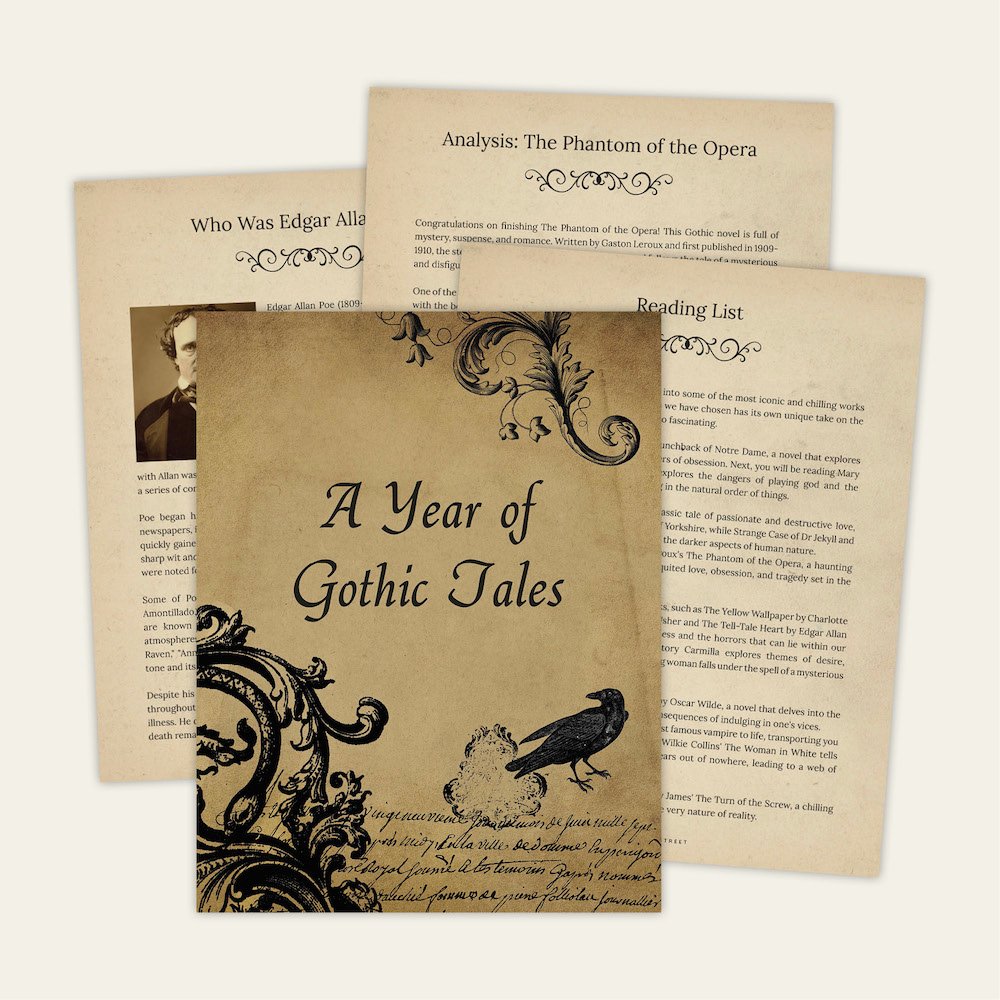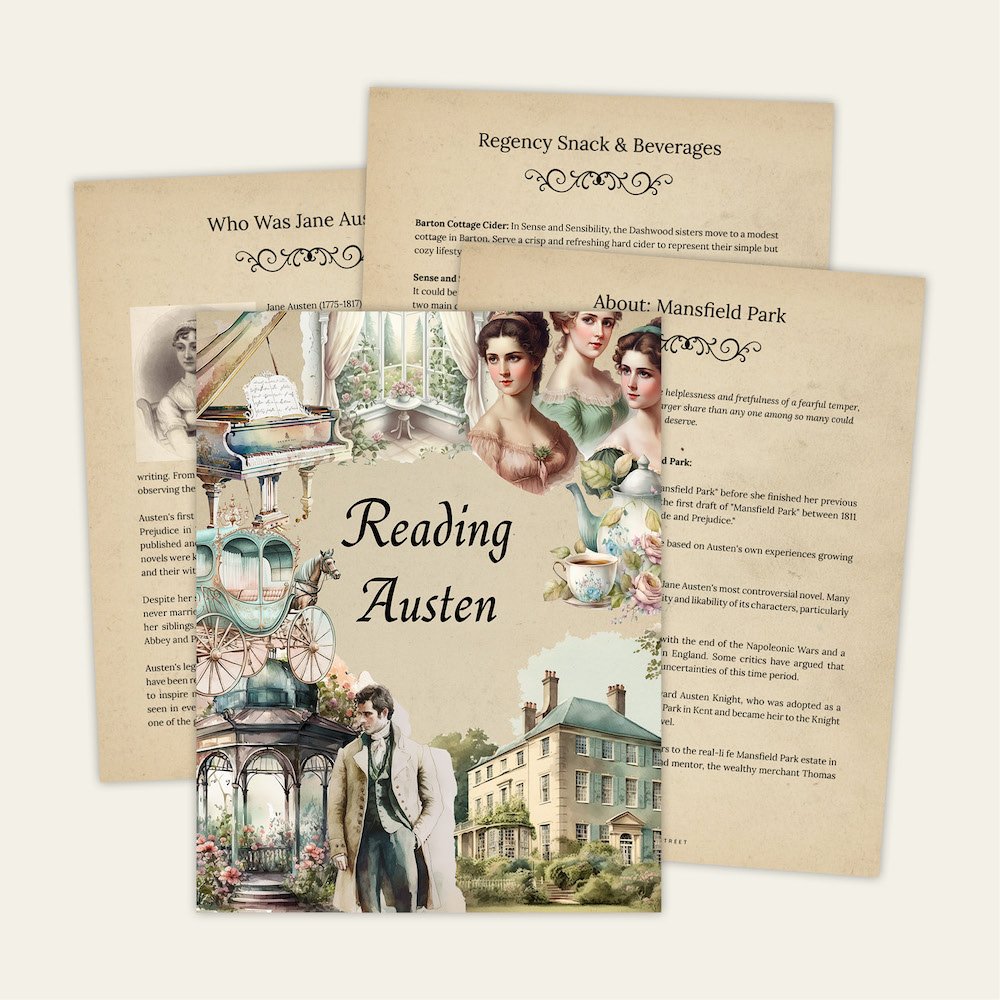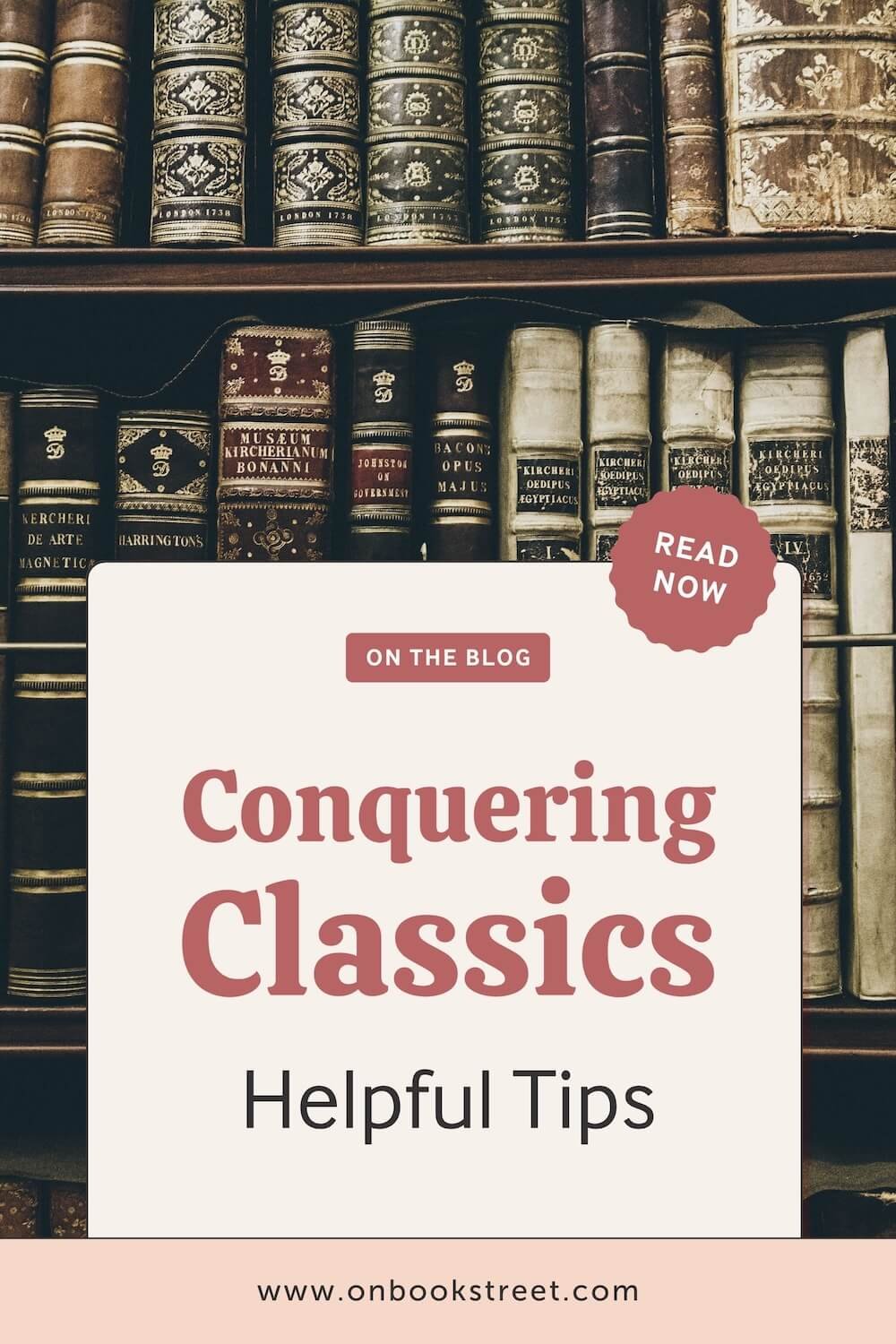Reading Strategies for Classic Novels
Have you ever stared at a classic novel sitting on your shelf and thought, Wow, I should really read that… someday… maybe?
You’re not alone. Classic novels have this magical way of both calling to us and intimidating us at the same time. They’re like the literary equivalent of a super fancy cake—gorgeous and revered, but also slightly terrifying to actually dig into.
But don’t worry! Classics may have a reputation for being dense or difficult, but they can also be incredibly rewarding (and dare I say, fun?) if you go in with the right approach. Here’s your guide to making the experience enjoyable rather than a struggle-fest.
Cracking the Classics:
How to Read (and Actually Enjoy) Classic Literature
1. Get in the Right Headspace
First things first—don’t psych yourself out. Classic literature has been around forever because people love these stories, not because they’re a form of intellectual torture. Go in with a positive mindset! Think of it as an adventure through time, complete with drama, romance, and probably a fair amount of societal angst.
Also, remember: you don’t have to understand everything right away. Even the most well-read bookworms get tripped up by old-timey language and obscure historical references. It’s part of the experience!
2. Pick the Right Book for You
Not all classics are created equal, and not all of them will be your cup of tea (or coffee, or whatever you sip while reading). If you love romance, start with Jane Austen. If you want adventure, try Jules Verne or Alexandre Dumas. Love some gothic drama? Mary Shelley and the Brontës have you covered.
Don’t just grab the most famous book out there—grab the one that sounds interesting to you. Reading a classic shouldn’t feel like a chore; it should be something you’re actually excited about!
3. Know the Context (Without Turning It into Homework)
One of the biggest challenges with classics is that they’re often written for people from a completely different time and place. A little background knowledge can go a long way.
You don’t need to write a research paper—just do a quick Google search about the time period, major historical events, or what was happening in the author’s life when they wrote it. Sometimes, knowing that a book was scandalous or revolutionary when it was published makes it even more fun to read now.
4. Annotate Like You’re Solving a Mystery
Mark up your book like a detective hunting for clues. Underline sentences that hit you right in the feels. Scribble down thoughts in the margins. Jot down things that confuse you so you can look them up later. Classics are meant to be engaged with, not just passively read.
(And yes, sticky notes absolutely count if you don’t want to write in your book!)
5. Take Breaks & Let It Sink In
Classics can be dense. They weren’t written for the modern TikTok-scrolling brain, so if you feel like your attention is slipping, take a break! Let the story marinate. Think about the themes, the characters, the juicy drama.
Better yet, chat about it with a friend, journal about it, or throw on a playlist that fits the book’s vibe. The more you interact with the story outside of just reading, the more it’ll stick with you.
6. Find Your Bookish Community
Reading a classic alone can feel like wandering through an unfamiliar city with no map. But reading with a group? That’s like having a tour guide and a bunch of fellow travelers to share the journey with.
Join a book club (in person or online), check out discussion threads on Reddit, or chat about it on BookTok or Bookstagram. You’ll be surprised how much more fun classics become when you’re hearing different perspectives and making new bookish friends.
(Psst! Need a little extra help? Check out my printable Book Club Kits—available for Jane Austen’s works and Gothic classics. They come with author insights, discussion questions, snack ideas, themed bookmarks, and much more. They are meant for book clubs but you can also use them on your own!)
7. Embrace the Weird Old Language
Let’s be honest—sometimes classics have really bizarre phrasing. But don’t let that scare you off! Think of it as learning the slang of another era.
If you get stuck, try reading passages out loud. It often helps the meaning click into place (and makes you feel like a dramatic actor performing a period drama). And if something is truly indecipherable, modern translations and footnotes are your friends!
8. Try Reading Alongside an Adaptation
If the old-fashioned language is throwing you off, try reading a modern adaptation alongside the original. No, it’s not cheating—it’s like having subtitles on for a movie! Graphic novel versions can be especially helpful and make the story more engaging.
Read: Top Graphic Novel Adaptations of Famous Classic Books
9. Watch the Movie (Yes, Really!)
Film adaptations can bring a classic novel to life in a way that makes it easier to grasp. Sure, they take creative liberties, but they can also help you visualize the setting, characters, and overall vibe of the story.
Just don’t let the movie be your only experience of the book—think of it as a companion rather than a replacement!
Read: 16 Famous Classic Book to Movie Adaptations
10. Be Patient & Give Yourself Grace
Reading classics isn’t a race. Some books will take longer than others, and that’s okay! Don’t compare yourself to speed-readers or scholars. The goal isn’t just to finish—it’s to enjoy the journey.
And hey, if you start a classic and realize it’s just not for you? That’s okay too! There’s no shame in putting a book down if it’s not clicking. There are so many classics out there—one of them is bound to be your next favorite read.
Read What You Love, Skip What You Don’t
At the end of the day, classics are just books—books that people have adored for centuries, sure, but books nonetheless. They’re meant to be experienced, not just endured. So don’t force yourself to read something you’re simply not interested in just because it’s a classic.
And if you ever need a bookish pep talk? I’m always here to chat about old books and the magic (or dust) they hold.
Happy reading!
Articles you might also be interested in:
Classic Literature for Different Tastes: Exploring Genres Within the Canon
10 LGBTQ+ Classic Books You Need to Read
Why You Should Read the Classics and Where to Start







